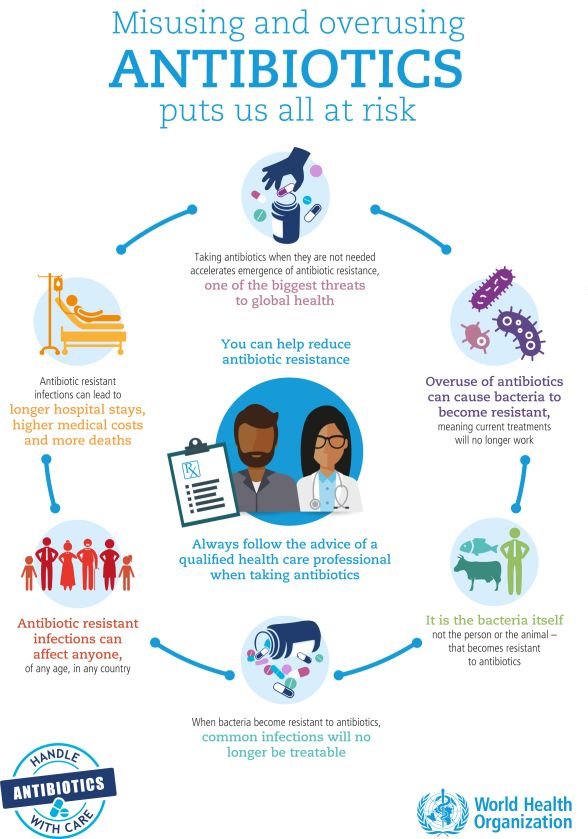Antibiotic-resistant superbugs are a fundamental threat to global health.
In India and China, where a large proportion of antibiotics are produced, the poorly regulated discharge of untreated wastewater into soils and rivers is causing the spread of antibiotic ingredients which cause bacteria to develop immunity to antibiotics, creating superbugs.
Superbugs are able to travel quickly through air and water, aboard airplanes and through global food supply chains. By 2050, the total death toll worldwide as the result of contracting an infection that proves resistant to treatment is expected to reach 10 million people.

The crude infectious disease mortality rate in India today is 416.75 per 100,000 persons. New Delhi metallo-β-lactamase (NDM) enzymes, first reported in 2008, are now found worldwide.
Antibiotic use is a major driver of resistance. Seventy-six percent of the overall increase in global antibiotic consumption between 2000 and 2010 was attributable to BRICS countries, i.e., Brazil, Russia, India, China, and South Africa.
A study of wastewater factories found that antibiotic-resistant bacteria were not only escaping purification but also breeding.
For every bacterium that entered one waste treatment plant, four or five antibiotic-resistant bacteria were released into the water system, tainting water, livestock and communities.
Poor public health indicators, rising incomes, and the availability of inexpensive antibiotics over the counter without a prescription are converging to create the ideal conditions for a large-scale selection and dissemination of resistance genes in India.
The Pharmaceutical Supply Chain Initiative (PSCI) which was set up to demand better social and environmental conditions in the communities from where drugs are supplied. However has, only 12% of the 140 largest global pharmaceutical companies as members.
This clearly shows the seriousness of these drug companies in tackling this global epidemic.
Reference- NCBI website, Financial Times, TheScientist






